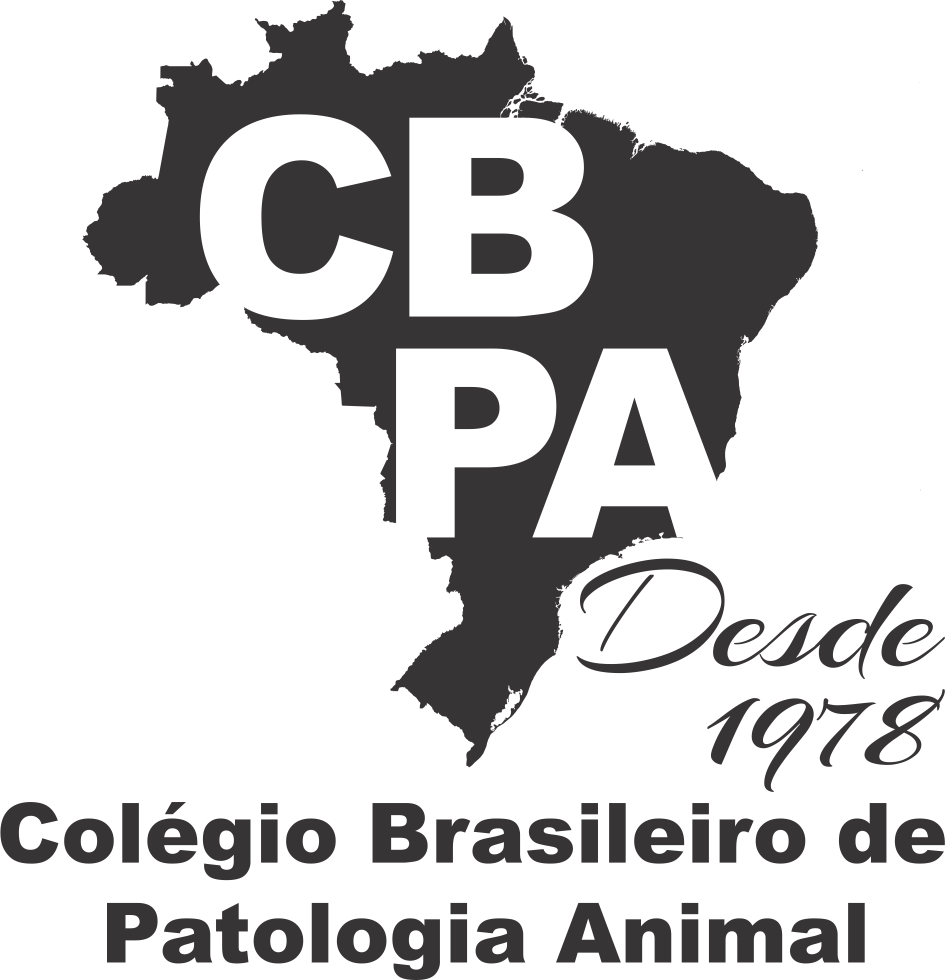Resultado da pesquisa (2)
Termo utilizado na pesquisa aminoácidos
#1 - Randomized controlled clinical trial of ketoanalogues supplementation in dogs with chronic kidney disease
Abstract in English:
The objective was to verify the effectiveness of ketoanalogues in dogs with Chronic Kidney Disease (CKD) stage 3. Controlled randomized clinical trial was performed with twenty dogs with CKD stage 3. Animals were subjected to: Group 1 (control): conventional therapy (CT) for CKD; Group 2: CT and 60mg/kg, OA, q48h of keto-supplementa; Group 3, CT and 60mg/kg, OA, q24h of keto-supplementa; and Group 4, CT and 120mg/kg, OA, q12h of keto-supplementa. All dogs received canine renal diet. Animals were evaluated at the beginning of therapy and after 15 and 30 days. Complete blood count (CBC), serum urea, creatinine, phosphorus, calcium, potassium and sodium and urine protein/creatinine (UPC) ratio were analyzed. The use of ketoanalogues in dogs with CKD stage 3 during the period of 30 days showed no efficacy, in any of the studies dosages, to improve signs and symptoms of the disease, improve the values of CBC, reduce serum urea and creatinine, normalize electrolytes or reduce UPC. It is concluded that the use of ketoanalogues does not impact the clinical outcomes in dogs with CKD stage 3.
Abstract in Portuguese:
O objetivo foi de verificar a eficácia da suplementação com cetoanálogos em cães com Doença Renal Crônica (DRC) grau 3. Um ensaio clínico controlado e randomizado foi realizado com 20 cães com DRC grau 3. Os animais foram divididos em 4 grupos: grupo 1 (controle): terapia convencional (TC) para DRC; grupo 2: TC e 60mg/kg, VO, q48h de cetoanálogoa; grupo 3: TC e 60mg/kg, VO, q24h de cetoanálogoa; e grupo 4, TC e 120mg/kg, VO, q12h de cetoanálogoa. Todos os cães receberam ração renal para cães. Os animais foram avaliados no início da terapia e após 15 e 30 dias. Hemograma completo, ureia, creatinina, fósforo, cálcio, potássio e sódio séricos e a razão proteína creatinina (RPC) urinária foram analisados. Foi verificado que o uso dos cetoanálogos em cães com DRC grau 3 durante 30 dias não mostrou eficácia, em nenhuma das dosagens utilizadas, em melhorar os sinais clínicos e sintomatologia da doença, os valores do hemograma e ureia e creatinina séricos, normalizar eletrólitos e reduzir RPC. Concluiu-se que o uso de cetoanálogos não impacta na melhora de sintomatologia clínica em cães com CKD grau 3. Como esse parece ser o primeiro ensaio clínico sobre cetoanálogos em cães com CKD, mais estudos podem ser necessários com maior acompanhamento e maiores grupos.
#2 - Effects of starter diet supplementation with arginine on broiler production performance and on small intestine morphometry, 32(3):259-266
Abstract in English:
ABSTRACT.- Murakami A.E., Fernandes J.I.M., Hernandes L. & Santos T.C. 2012. [Effects of starter diet supplementation with arginine on broiler production performance and on small intestine morphometry.] Efeito da suplementação de arginina na dieta de frangos na performance produtiva e na morfologia do intestino delgado. Pesquisa Veterinária Brasileira 32(3):259-266. Departamento de Zootecnia, Universidade Estadual de Maringá, Av. Colombo 5790, Maringá, PR 87020-900, Brazil. E-mail: aemurakami@uem.br
The effects of starter diet (days 1 to 21) supplemented with arginine (Arg) on the production performance and duodenum and jejunum mucosa morphometry of broilers were studied. Male Cobb broiler chickens (990) were randomly assigned to one of five treatments in a complete random design. Measurements of 33 chicks per treatment were made in six repetitions. The treatments consisted of a basal diet with 1.390% digestible Arg (no supplementation) and four dietary levels (1.490%, 1.590%, 1.690%, and 1.790%), providing a relationship with lysine of 1.103; 1.183; 1.262; 1.341 and 1.421%, respectively. From the age of 22 days on, all birds received conventional grower diet. The data were submitted to regression analysis by polynomial decomposition of the degrees of freedom in relation to the levels of Arg. The Arg supplementation increased (P<0.05) the live weight and the feed conversion ratio without increasing the feed intake of the birds. However, no effect was observed (P>0.05) in the growth phase (days 22 to 42) in the absence of the Arg supplementation. The supplementation of Arg over of NRC recommendation during the starter phase may be necessary for the expression of the maximal weight gain potential in birds. No effect (P<0.05) of Arg dietary supplementation was observed either on small intestine weight and length at any age. However, the duodenum villus:crypt ratio increased and the crypt depth decreased in the first week in response to increasing dietary Arg. It is concluded that broiler Arg dietary supplementation in the starter diet improved production performance and small intestine morphometry, especially in the first week.
Abstract in Portuguese:
RESUMO.- Murakami A.E., Fernandes J.I.M., Hernandes L. & Santos T.C. 2012. [Effects of starter diet supplementation with arginine on broiler production performance and on small intestine morphometry.] Efeito da suplementação de arginina na dieta de frangos na performance produtiva e na morfologia do intestino delgado. Pesquisa Veterinária Brasileira 32(3):259-266. Departamento de Zootecnia, Universidade Estadual de Maringá, Av. Colombo 5790, Maringá, PR 87020-900, Brazil. E-mail: aemurakami@uem.br
O efeito na dieta inicial (1-21 dias) da suplementação de arginina (Arg) foi estudada sobre o desempenho e a morfologia da mucosa do jejuno em frangos de corte. Pintos machos Cobb (990) foram utilizados em um delineamento inteiramente casualizado com 5 tratamentos e 6 repetições com 33 aves cada. Os tratamentos consistiram em uma dieta basal com 1,390% de Arg digestível (sem suplementação) e 4 dietas com adição (1,490%; 1,590%; 1,690% e 1,790%), fornecendo uma relação de lisina de 1,103; 1,183; 1,262; 1,341 e 1,421%, respectivamente. A partir de 22 dias todas as aves receberam ração convencional. Os dados foram submetidos à análise de regressão pela decomposição polinomial dos graus de liberdade, referentes aos níveis de Arg A suplementação de Arg melhorou (P<0,05) o peso vivo e a conversão alimentar sem aumentar o consumo de ração. No entanto, não houve efeito (P>0,05) na fase de crescimento (22 a 42 dias) na ausência de suplementação de Arg. A suplementação acima do recomendado pelo NRC na fase inicial pode ser necessária para a expressão máxima do potencial de ganho de peso em aves. Não houve efeito da suplementação de Arg na dieta no peso e comprimento do intestino delgado em nenhuma idade. No entanto, a relação vilo:cripta no duodeno aumentou e a profundidade da cripta diminuiu na primeira semana em resposta ao incremento de Arg na dieta. Concluiu-se que em frangos de corte a suplementação de Arg na dieta inicial melhorou o desempenho e a morfometria do intestino delgado, especialmente na primeira semana.









